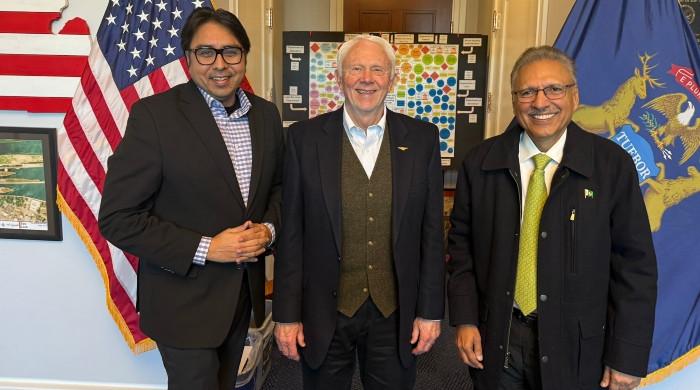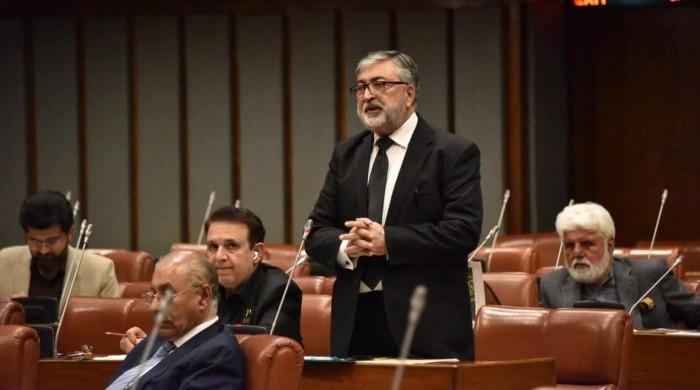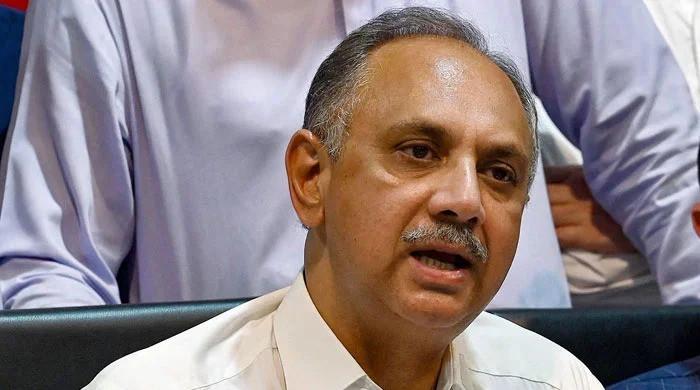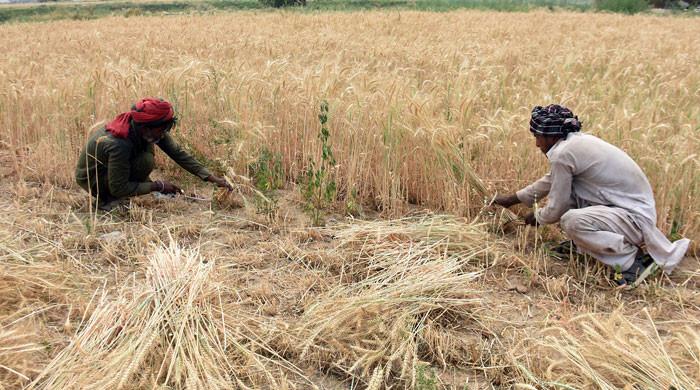India can't suspend World Bank-brokered water treaty unilaterally: ex-diplomats
Former senator says India used Pahalgam incident as an excuse to suspend treaty
April 23, 2025
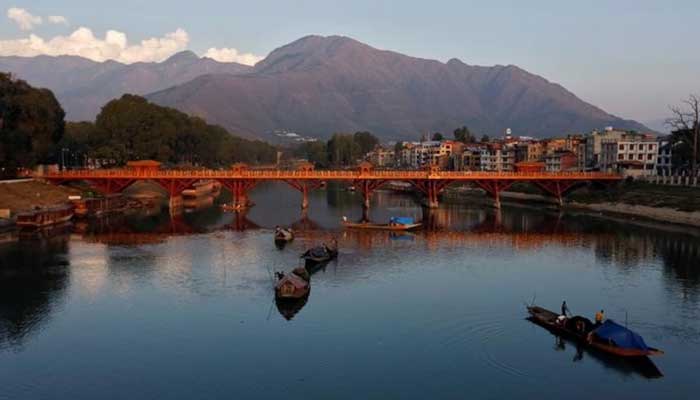
As Indian unveiled a raft of punitive diplomatic measures against arch-rival Pakistan in response to the Pahalgam attack, former diplomats and experts said that New Delhi could not suspend or terminate the Indus Water Treaty brokered by the World Bank in 1960.
India took the steps on Wednesday, a day after the killing of at least 26 tourists in Indian Illegally Occupied Jammu and Kashmir (IIOJK).
Speaking to Geo News, former high commissioner of Pakistan to India Abdul Basit said that the Indus Water Treaty can neither be suspended nor terminated unilaterally and advised against spreading panic in this regard.
“India cannot immediately stop Pakistan's water,” Basit said, expressing fear India may take some adverse action against Pakistan
He said that bilateral trade between the two countries had already been suspended, therefore, the closing of the Wagah-Attari border does not matter much to Pakistan.
“We should be prepared, India can make any move,” he cautioned.
Concurring with Basit, former ambassador and PPP Senator Sherry said treaties are not suspended or terminated unilaterally.
She recalled that India had blamed Pakistan for an attack in IIOJK during President Clinton's visit in 2000. However, the allegation was proven wrong following the investigation, she added.
Referring to the latest attack in IIOJK, she said all indications point to a false flag operation.
Echoing similar views, former senator Mushahid Hussain Syed said India used the Pahalgam incident as an excuse to suspend the Indus Water Treaty as it wants to “put pressure on Pakistan under the plot”.
He said the Indus Water Treaty is a bilateral international agreement between Islamabad and New Delhi and added that if the Modi-led government stopped Pakistan’s water, then it would be a violation of international laws and “tantamount to war”.
He also called for the need to inform the UN secretary general about false allegations being levelled by India against Pakistan.
“We are ready at all levels to give a befitting reply to India,” Syed added.
The Indus River is one of the longest on the Asian continent, cutting through ultra-sensitive borders in the region, including the demarcation between nuclear-armed India and Pakistan in Kashmir.
The 1960 Indus Water Treaty theoretically shares water between the two countries, but has been fraught with disputes.
Pakistan has long feared that India, which sits upstream, could restrict its access, adversely affecting its agriculture.








